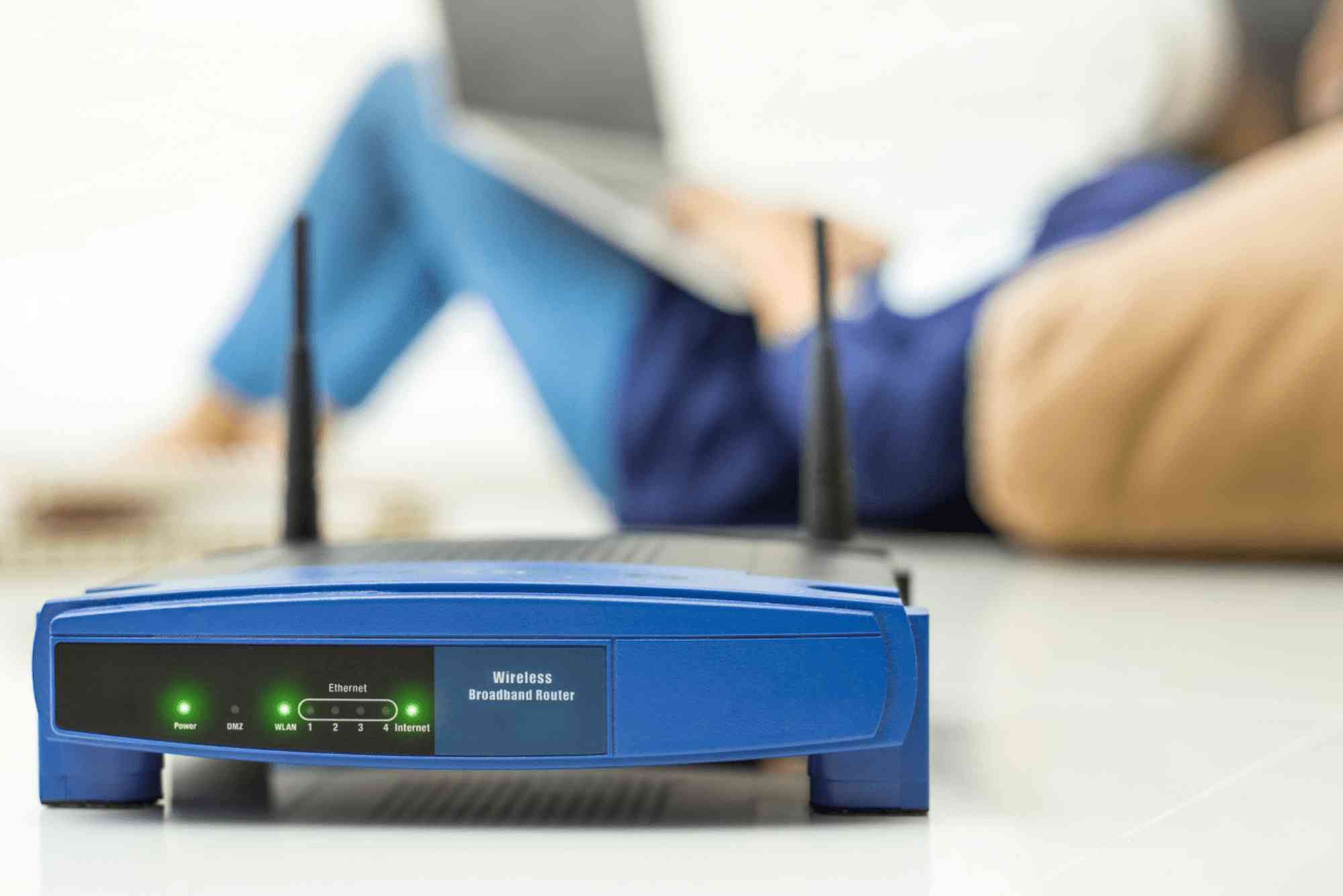Introduction
When your internet slows down during peak hours, streaming lags, or online games freeze, your router might be the culprit. Many homes still rely on single-band routers that cannot handle modern internet demands. That’s where dual band router benefits come into play. These routers use two frequency bands—2.4 GHz and 5 GHz—offering flexibility, faster speeds, and better connectivity.
But is upgrading really worth it? In this guide, we’ll break down the real advantages of dual band routers, how they work, and whether they’re the right fit for your home or office network.
What Is a Dual Band Router?
A dual band router broadcasts Wi-Fi signals on two separate frequency bands: 2.4 GHz and 5 GHz.
-
2.4 GHz Band – Provides longer range but at lower speeds. It’s better for basic browsing, email, and devices far from the router.
-
5 GHz Band – Delivers faster speeds with less interference. Ideal for streaming, gaming, and video calls when close to the router.
Having both options means you can connect devices based on their needs—high-speed or long-range.
Dual Band Router Benefits Explained
Upgrading to a dual band router is not just a luxury—it’s becoming a necessity for modern households and offices. Here are the key dual band router benefits you should know:
Faster Internet Speeds
One of the biggest advantages is speed. While single-band routers often cap out at slower rates, dual band routers support higher data transfer rates. The 5 GHz band can deliver speeds several times faster than 2.4 GHz, making it perfect for HD streaming, video conferencing, and cloud-based work.
Reduced Network Interference
The 2.4 GHz frequency is crowded. Devices like microwaves, cordless phones, and Bluetooth speakers also use it. This interference slows down your Wi-Fi. Dual band routers allow you to switch heavy devices to 5 GHz, minimizing congestion and improving reliability.
Better Device Management
With smart homes, most families have dozens of connected devices—phones, TVs, security cameras, tablets, and laptops. Dual band routers make it easier to distribute these devices. Low-bandwidth gadgets can use 2.4 GHz, while high-demand devices use 5 GHz. This balance reduces strain and keeps performance smooth.
Enhanced Streaming and Gaming
If you’re tired of buffering during Netflix marathons or lagging in online games, 5 GHz support is a game-changer. The lower latency and higher bandwidth provide seamless streaming and smooth gaming experiences without interruptions.
Wider Coverage Options
The 2.4 GHz band covers more distance and penetrates walls better, while 5 GHz covers shorter ranges at higher speeds. Together, they create flexible coverage. Even in larger homes or offices, you’ll notice fewer dead zones and stronger connections.
Future-Proofing Your Network
Internet usage is only increasing. With 4K streaming, cloud gaming, and IoT devices, older routers quickly become outdated. A dual band router ensures your network can keep up with new technology trends, preventing the need for frequent upgrades.
Dual Band Router vs. Single Band Router
A quick comparison helps highlight why dual band routers are superior:
-
Single Band: Operates only on 2.4 GHz, prone to congestion and slower speeds.
-
Dual Band: Offers both 2.4 GHz and 5 GHz, ensuring flexibility and better performance.
For households with multiple devices and heavy internet use, dual band routers are the clear winner.
Should You Upgrade to a Dual Band Router?
If you experience slow connections, buffering, or Wi-Fi dropouts, upgrading is worth considering. Ask yourself:
-
Do you stream in HD or 4K?
-
Do you play online games?
-
Do multiple family members use Wi-Fi simultaneously?
-
Do you work from home with video calls and cloud storage?
If the answer is yes to any of these, you’ll benefit greatly from a dual band router.
Real-World Example: Internet Services and Routers
Companies like Dhanote Internet Services often recommend dual band routers for customers who want reliable, high-speed internet. With better connectivity, clients experience fewer complaints about slow speeds, even during peak hours. Internet providers know that a quality router is just as important as the internet plan itself.
FAQs
What are the main dual band router benefits?
The main benefits include faster speeds, less interference, better device management, and improved streaming and gaming.
Do I really need a dual band router?
If you live alone with light internet use, a single-band router might suffice. But for families, gamers, or remote workers, dual band routers provide a huge performance boost.
Is 5 GHz always better than 2.4 GHz?
Not always. 5 GHz is faster but has less range. 2.4 GHz works better for distant devices or in larger homes. The best routers let you switch based on your needs.
Will upgrading my router improve my internet speed?
Yes and no. A dual band router won’t increase your internet provider’s speed, but it will maximize how efficiently that speed is delivered across your devices.
Are dual band routers expensive?
Prices vary, but many affordable models are available. Considering the long-term performance benefits, the investment is worth it.
The dual band router benefits are clear: faster speeds, stronger connections, reduced interference, and better management of multiple devices. For anyone streaming, gaming, or working from home, upgrading to a dual band router is no longer optional—it’s essential.







